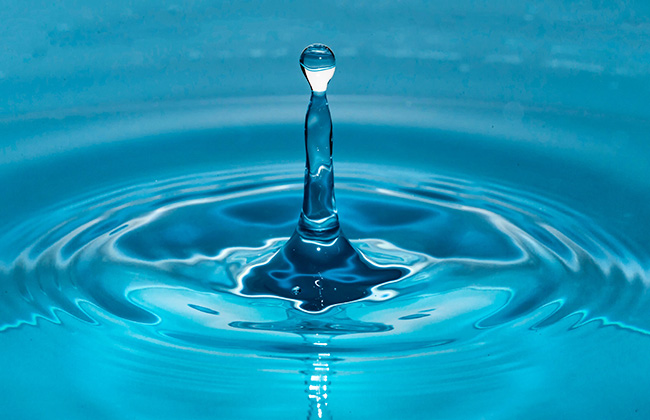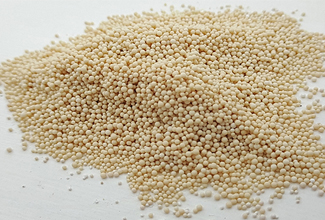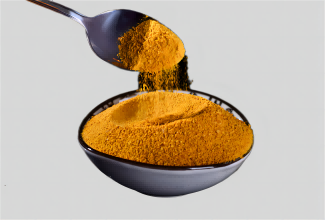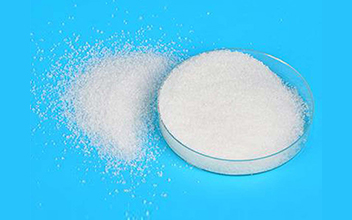
Application
Ion Exchange Resins for Hard Water Softening
Hard water softening generally has the following three methods: membrane separation method, lime method, and ion exchange method, among which ion exchange softening is the most economical, and the softening effect is quite good, and it is the most widely used.
Application
The ion exchange method uses a specific cation exchange resin to replace the calcium and magnesium ions in the water with sodium ions. Due to the high solubility of sodium salts, it avoids the formation of scale with the increase of temperature.
Compared with the membrane separation method, it is more cost-effective, and the hardness reduction effect is far better than that of the lime method. Mainly the following field are used to:
1)In industrial and power plant boiler systems.
2)Catering, food, chemical, pharmaceutical and other fields.
3)Air conditioning, and other industrial circulating water fields.
Softening of water and other liquids, desalination and extraction of antibiotics.
Compared with the membrane separation method, it is more cost-effective, and the hardness reduction effect is far better than that of the lime method. Mainly the following field are used to:
1)In industrial and power plant boiler systems.
2)Catering, food, chemical, pharmaceutical and other fields.
3)Air conditioning, and other industrial circulating water fields.
Softening of water and other liquids, desalination and extraction of antibiotics.
Related Products
-
 Macroporous Weak Acid Chelating Resin for Cobalt Removal Copper Removal Nickel Removal Zinc Removal ResinEquivalent foreign models: Puromet MTS9301Appearance: Spherical BeadsIonic Form: Na+ form
Macroporous Weak Acid Chelating Resin for Cobalt Removal Copper Removal Nickel Removal Zinc Removal ResinEquivalent foreign models: Puromet MTS9301Appearance: Spherical BeadsIonic Form: Na+ form -
 Poly Aluminum ChloridePurity : 99.9%coolr : yellowQuality Control : Each Lot of poly aluminum chloride resin was tested successfully
Poly Aluminum ChloridePurity : 99.9%coolr : yellowQuality Control : Each Lot of poly aluminum chloride resin was tested successfully -
 High Water Absorbent Resin for Diapers Super Absorbent PolymerNontoxic, harmless, nonpollutingHigh water absorbent capacityRaw material
High Water Absorbent Resin for Diapers Super Absorbent PolymerNontoxic, harmless, nonpollutingHigh water absorbent capacityRaw material

